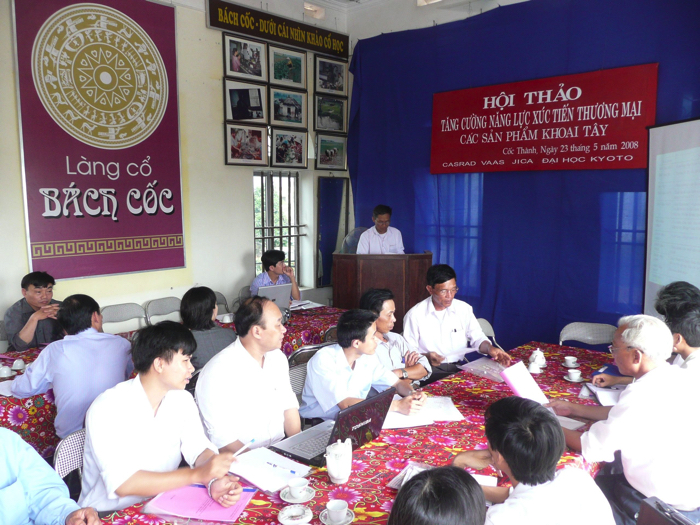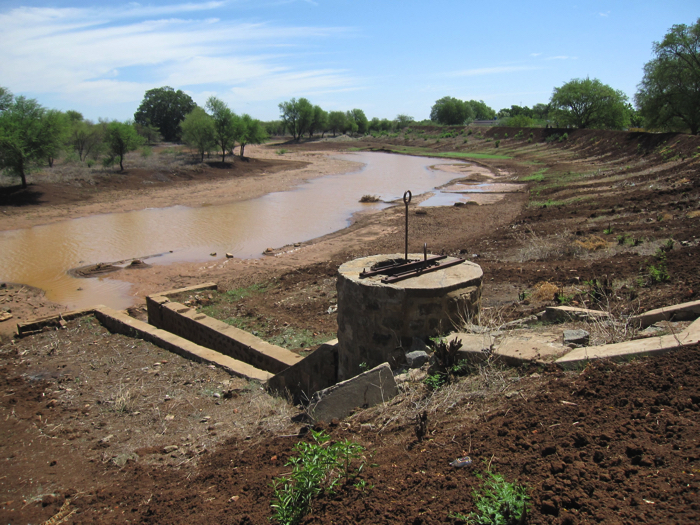- Project Leader : Yanagisawa Masayuki (Center for Integrated Area Studies, Kyoto University)
- Collaborators : Matsumoto Takenori (Graduate School of Agricultural and Life Science, The University of Tokyo)
- : Hiwatari Masato (Graduate School of Economics and Business Administration, Hokkaido University)
- : Ohkama Kunio (Tohoku University, Professor Emeritus)
- : Sakashita Akihiko (Field Science Center for Northern Biosphere, Hokkaido University)
- : Yan Shan Ping (Graduate School of Global Studies, Doshisha University)
- : Ohno Akihiko (School of International Politics, Economics and Communication, Aoyama Gakuin University)
- : Kobayashi Satoru (Center for Southeast Asian Studies, Kyoto University)
- : Ubukata Fumikazu (Graduate School of Environmental Science, Okayama University)
- : Mizuno Kosuke (Center for Southeast Asian Studies, Kyoto University)
- : Kajisa Kei (Foundation for Advanced Studies on International Development (FASID))
- : Fujita Koichi (Center for Southeast Asian Studies, Kyoto University)
Outline of Research
In order to compare rural social structures in various parts of Asia, this project in the fiscal year of 2011 will focus on the following aspects,
1) human capital of local government,
2) amount of direct tax, taxable persons, and taxation formulas by local governments,
3) managing bodies of small scale infrastructures
4) informal monetary social structures
5) formal monetary services
Through analyzing the points mentioned above, we will find region-specific features of rural social structures in Asia and their recent transformations.
Description
Rural societies in various parts of Asia, based on their ‘prototypes’ formulated in their long historical process have recently experienced a large transformation through rapid economic development, urbanization the progress of aging, and so forth. In East Asia, the prototype of ‘peasant society’ (tight community formed by peasants) established in the pre-modern era, brought about hardworking habits among people and even affected the organizational structure of modern non-agricultural enterprises, and thus had decisive power to determine the identical historical development paths different from Western countries. In South Asia, the question of how the prototype of ‘job and entitlement distributional’ in rural society based on castes is transforming, is now receiving much attention in amidst rapid economic development and urbanization. In Southeast Asia ‘open’ and ‘loosely structured’ rural societies were formed in small population situations, and are now slowly changing under decentralization policies and rural development policies. This project will focus on the five aspects mentioned above as well as other specific topics in each region, and find region-specific features of rural social structures in Asia and their recent transformations.


